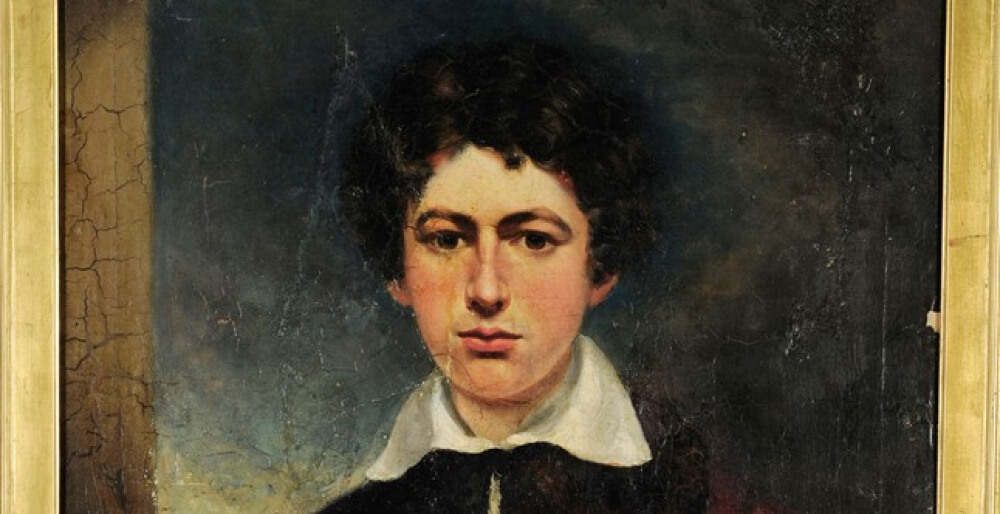The philhellenic movement in Europe and America emerged since the beginning of the Greek War of Independence, and had its roots in antiquaries and intellectuals of past centuries but also to the dynamic presence of Greek communities of the diaspora.
Private initiative, contrary to the indecisiveness and reaction of governments, brought specific forms of assistance to the rebellious Greeks, establishing aid associations, but also with the spontaneous arrival of volunteers on the battlefield. The struggles of the Greeks become lyrics, pictures, theatrical expression. Many books were printed and the interest of the press was remarkable.
Lord Byron (1788-1824) with his poetic work, his liberal ideology, his arrival in Greece, and his death in Messolongi, became the symbol of Philhellenism and influenced positively and effectively the struggle of the Greeks for National Independence.








